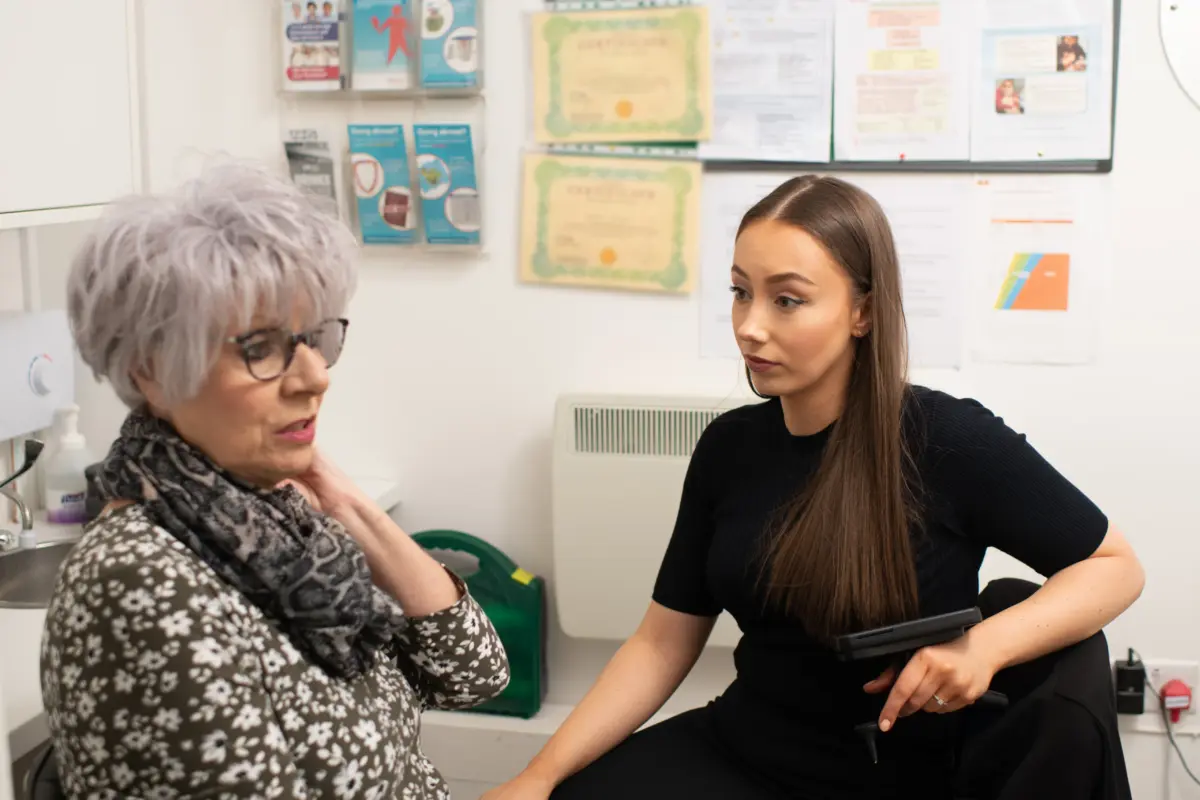Service case study: Community pharmacies tackle inequalities for patients with psychosis
Published on: 20th April 2018 | Updated on: 28th March 2022
A community pharmacy service, Improving Physical Health Care for People with Psychosis (PHCP), has been highlighted by the Royal College of Psychiatrists as an example of good practice using Quality Improvement methodologies to improve patient outcomes.
The project, which took place in Barking and Dagenham, was a joint collaboration between North East London LPC (NEL LPC), North East London NHS Foundation Trust (NELFT) and University College London, with support from Public Health London Borough of Barking and Dagenham and the London Mental Health Strategic Clinical Network. It was funded by a Health Foundation Innovation Award and ran from September 2016 to January 2018.
What did the service involve?
Patients with a diagnosis of psychotic illness, known to the Barking and Dagenham Community Recovery Team, were offered physical health checks at a local participating community pharmacy. This included ECG, blood pressure, cholesterol and glucose testing with results available on the same day. Pharmacists spent up to an hour coaching patients and empowering them to self-manage their physical health.
What were the results of the project?
There were 350 patients eligible for the service; of these, 180 were offered health checks and 140 attended the health check with 78% who were offered the health checks taking up the offer. Additionally, 70% of attendees had all five Lester cardiometabolic risk factors monitored which is a higher rate of patient uptake compared to the NHS England national inpatient and national community setting averages. This is significantly better than standard care in Barking and Dagenham, where only 36% of patients had all five risk factors monitored.
All patients attending community pharmacy health checks had health coaching to support them with physical health, in comparison to 44% of patients receiving standard care in Barking and Dagenham.
There were:
- 22 patients who received support to stop smoking;
- 56 patients who received support for exercise; and
- 78 patients who received support to eat healthier or lose weight.
The project team and NELFT are now considering how to implement the PHCP model across the four London Boroughs within the Trust’s area.
Click here to view a YouTube video on the project
Dr Asif Bachlani, Consultant Psychiatrist said: ‘It has been a great privilege to work with community pharmacies on NEL LPC on this innovative project which aims to tackle the health inequalities faced by patients with psychosis who have often faced barriers to have their physical health monitored. This project is an example of new models of care which uses a partnership model between secondary and primary care which breaks down the barriers of traditional care models by being able to meet the needs of this vulnerable and often forgotten group of patients by based in the local community’.
Hemant Patel, NEL LPC, Secretary, said: ‘Pharmacists provide high quality and accessible care from local pharmacies which was very much appreciated by this vulnerable patient group. The carers, too, appreciated local support and need for avoiding going to hospital or clinic and using public transport. Pharmacists enjoyed the training and patient contact which improved their consultation skills and feeling of contribution to their community.











